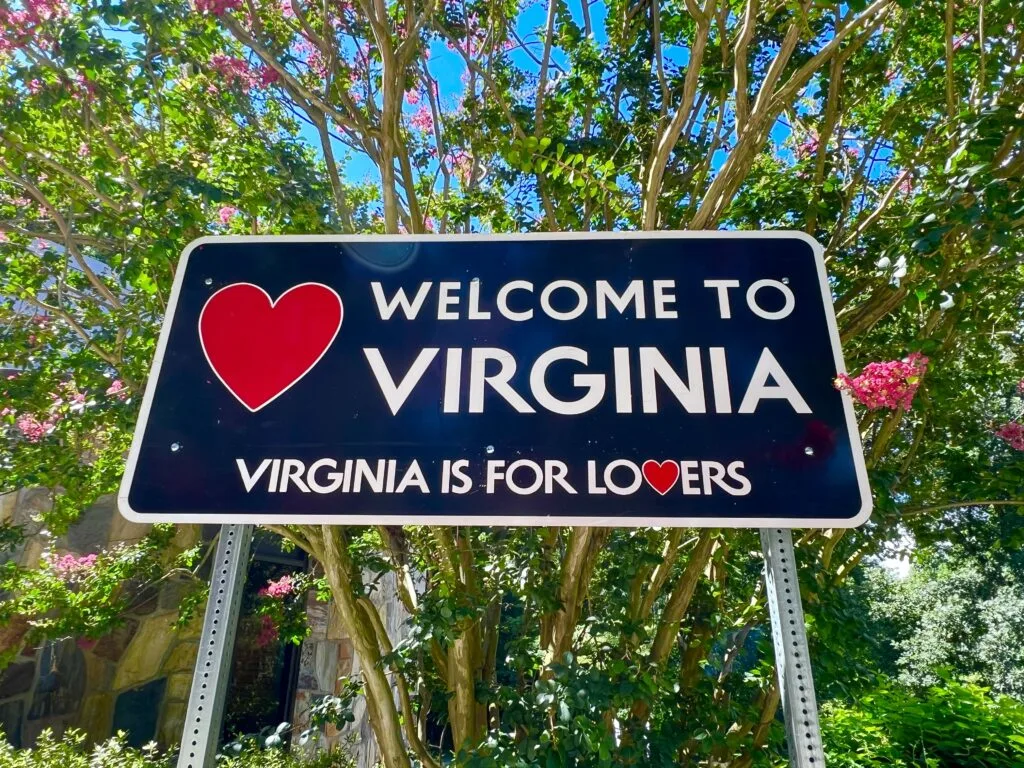A commonwealth is a unique and often misunderstood form of government that exists in various forms around the world, including the state of Virginia!
Virginia has been referred to as a commonwealth since its founding in 1776. But why?
Here are all the answers of what is a commonwealth, why does Virginia call itself a commonwealth, and how it differs from the other United States of America.

What is a Commonwealth?
Commonwealths are a unique form of political organization that exists within certain countries. A Commonwealth is typically defined as a political entity that operates under a republican system of government, where the head of state is elected or appointed by the people.
These entities are typically self-governing and have their own constitution, laws, and governing bodies.
The concept of Commonwealths has a long history, dating back to ancient times. The term “commonwealth” was first used by the Roman Republic to describe a political community founded on the common good of its citizens.
In more recent history, the establishment of the Commonwealth of Nations in 1931 brought together a group of independent countries that were formerly part of the British Empire. These Commonwealth countries, including countries like Canada, Australia, and India, share a common heritage and cooperate on various political, economic, and cultural issues.
In the United States, the term “Commonwealth” is used to describe four states:
- Kentucky
- Massachusetts
- Pennsylvania
- Virginia.
These states adopted the term during the Revolutionary War as a way to emphasize their self-governing status and establish a sense of partnership among their citizens.
While these states are legally and politically no different from other states in the United States, they have chosen to use the term “Commonwealth” as a symbolic expression of their unique history and values.
Difference Between a Commonwealth and a State
While the term “Commonwealth” is often used interchangeably with “State” in the United States, there are some key distinctions between the two.
One major difference is that Commonwealths have a specific historical and legal significance. Virginia, for example, is officially designated as a Commonwealth, reflecting its historical roots as one of the original thirteen colonies.
In practical terms, however, there are few differences between a Commonwealth and a State. Both have their own constitutions, elected officials, and governing bodies.
The main distinction is more symbolic than substantive, highlighting the unique history and heritage of certain states within the United States.
When Did Virginia Become a Commonwealth?
Virginia’s origin as a Commonwealth can be traced back to its colonial history. In 1607, the Jamestown settlement was established as the first permanent English settlement in North America.
Over time, Virginia grew in importance as a colony and played a significant role in the American Revolution. In 1776, Virginia became the first colony to adopt a state constitution, declaring itself an independent state.
The term “Commonwealth” was chosen to reflect the idea of a government that serves the common good of the people.
Virginia was designated as a Commonwealth rather than a state due to its historical roots in the English Commonwealth, a republican government based on the common good of the people. The term “Commonwealth” was chosen by Virginia’s leaders to emphasize the state’s allegiance to the principles of the Commonwealth of England. This historical connection, along with Virginia’s prominent role in the founding of the United States, contributed to its unique designation as a Commonwealth rather than a state.
This designation highlights Virginia’s commitment to democratic principles and its historical role in shaping the United States as a nation.
Today, Virginia continues to be known as a Commonwealth, honoring its rich history and contributions to the development of the United States.
How Does Virginia Benefit from Being a Commonwealth
Virginia is officially known as a Commonwealth rather than a state due to historical reasons and its unique political structure. The term “Commonwealth” is more symbolic and does not significantly alter its status compared to other states.
However, Virginia’s status as a Commonwealth has had a profound impact on its culture. The Commonwealth designation signifies a unique identity and heritage that sets Virginia apart from other states.
It highlights the state’s historical legacy, as Virginia was the first English colony established in North America. This rich history is showcased in the numerous historical landmarks and attractions throughout the state, such as Colonial Williamsburg and Monticello.
The Commonwealth status also emphasizes the importance of civic engagement and public service in Virginia’s culture. Virginians take pride in their active participation in shaping the state’s governance and policies, with a strong emphasis on community involvement and volunteerism.
This designation highlights the state’s commitment to democracy and self-governance. From its rich history to its current modern society, Virginia continues to uphold the values of a true commonwealth and serves as a shining example of what it means to be a self-governing state.
Interested in more Virginia trivia? See what the controversy is about Fredericksburg being in Northern Virginia.
